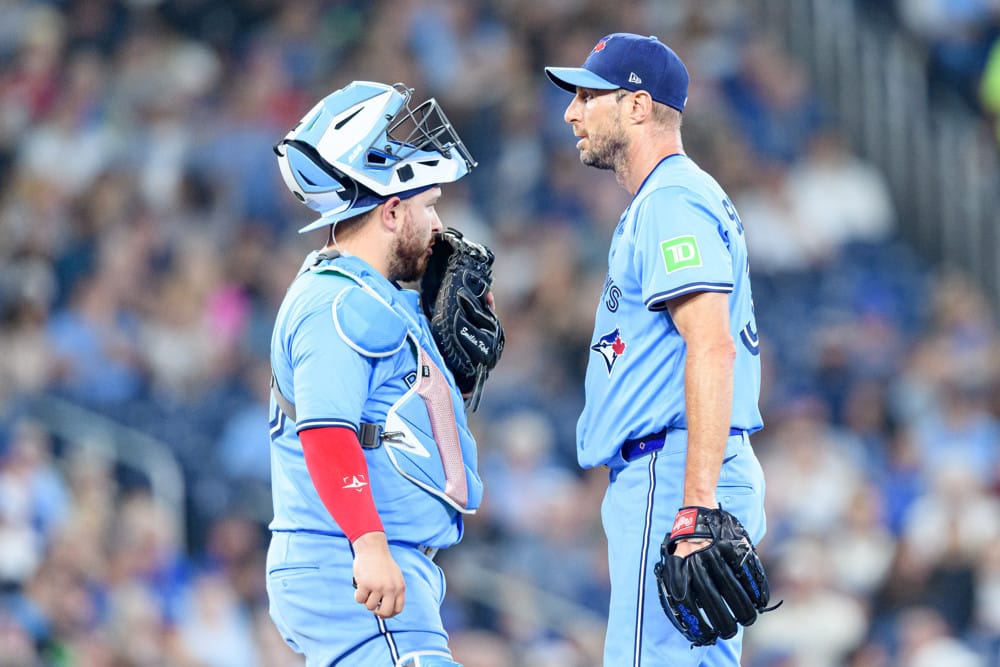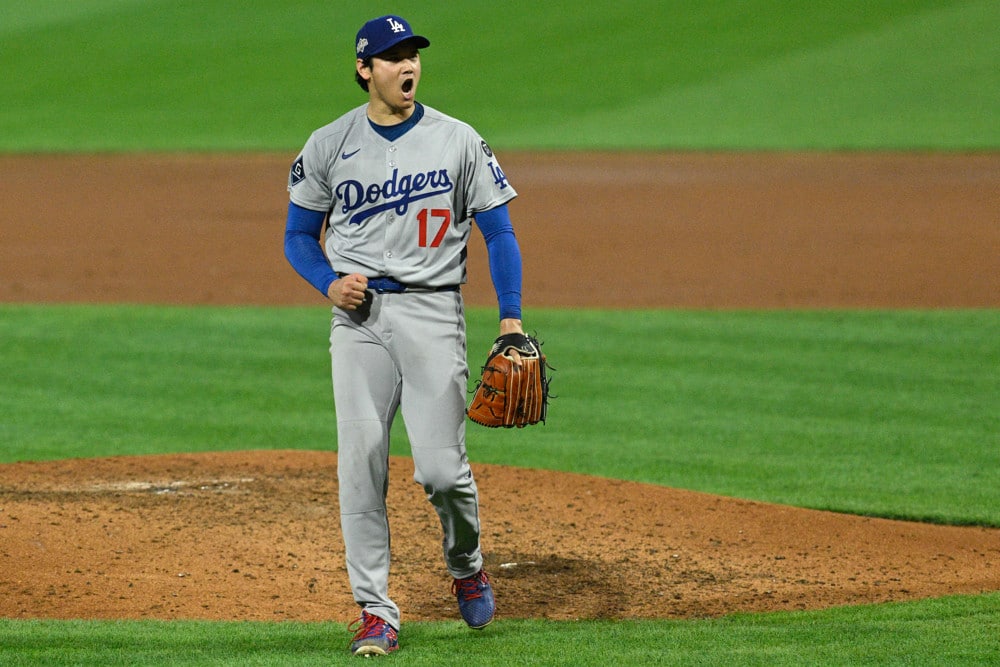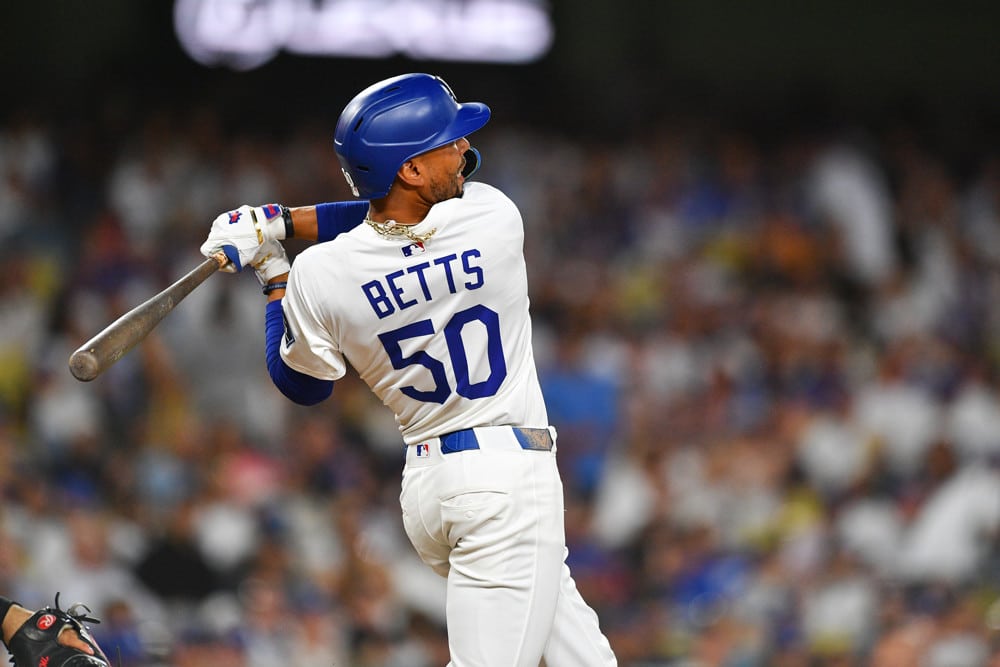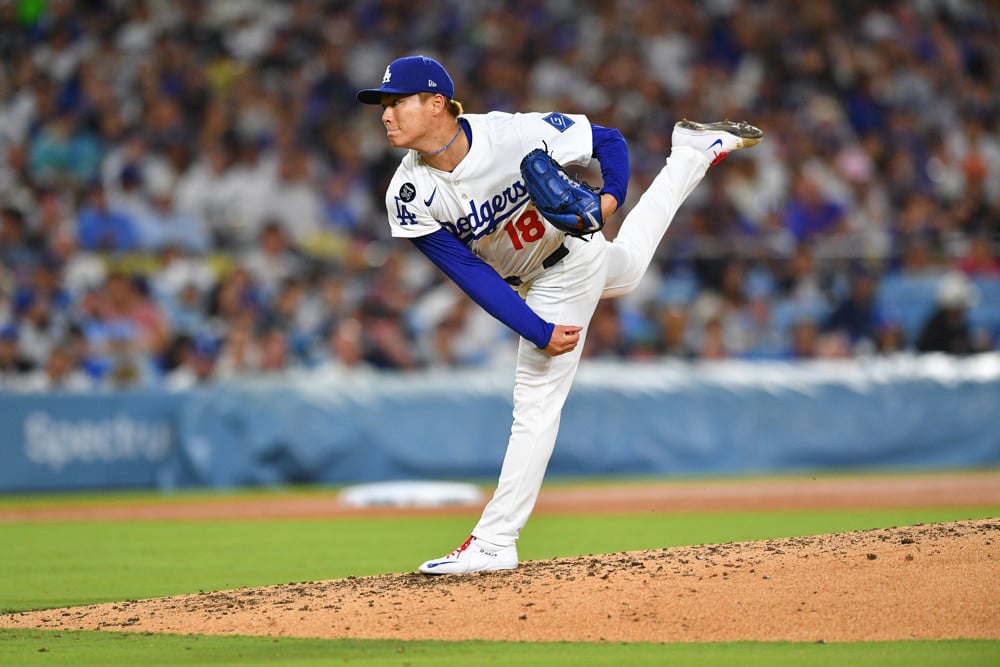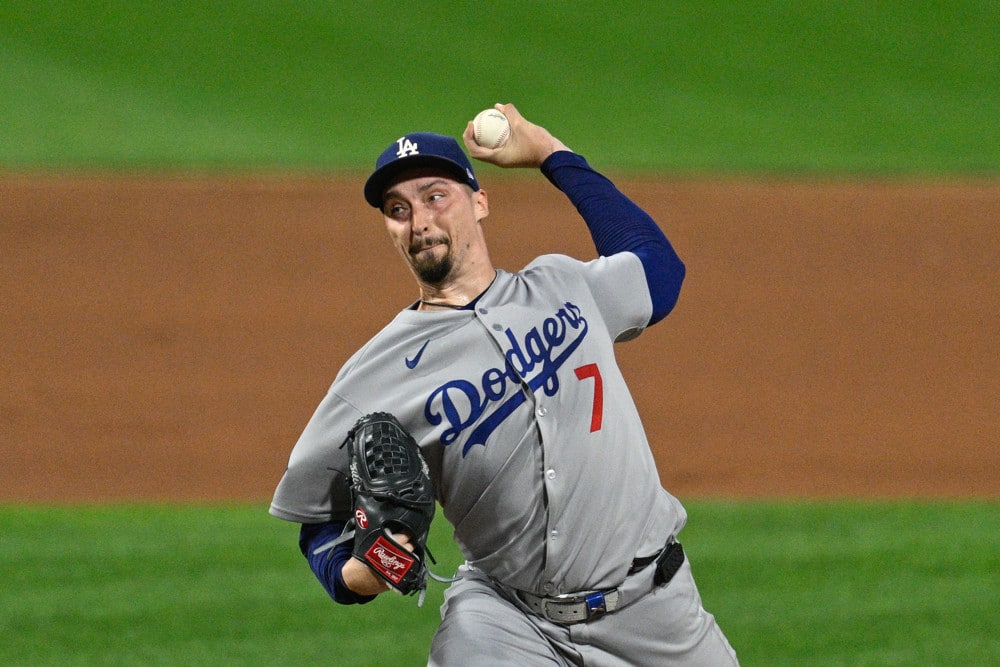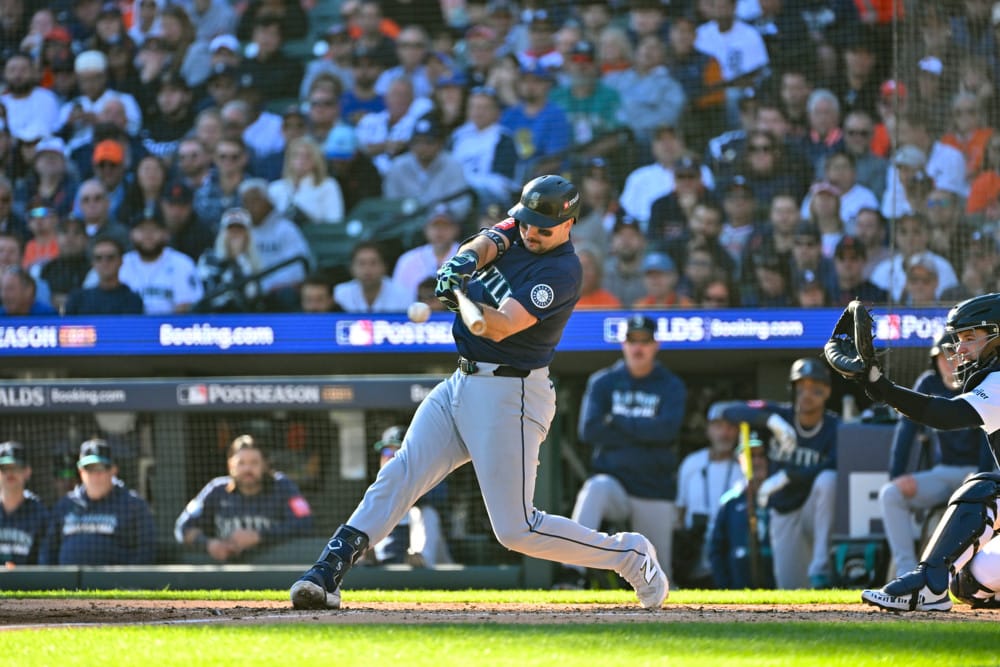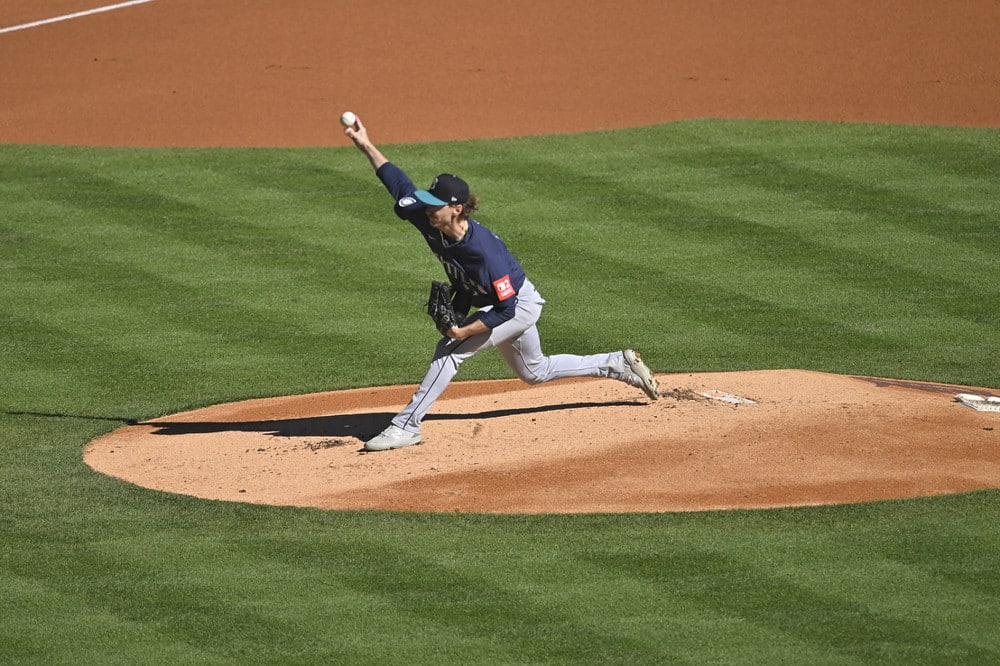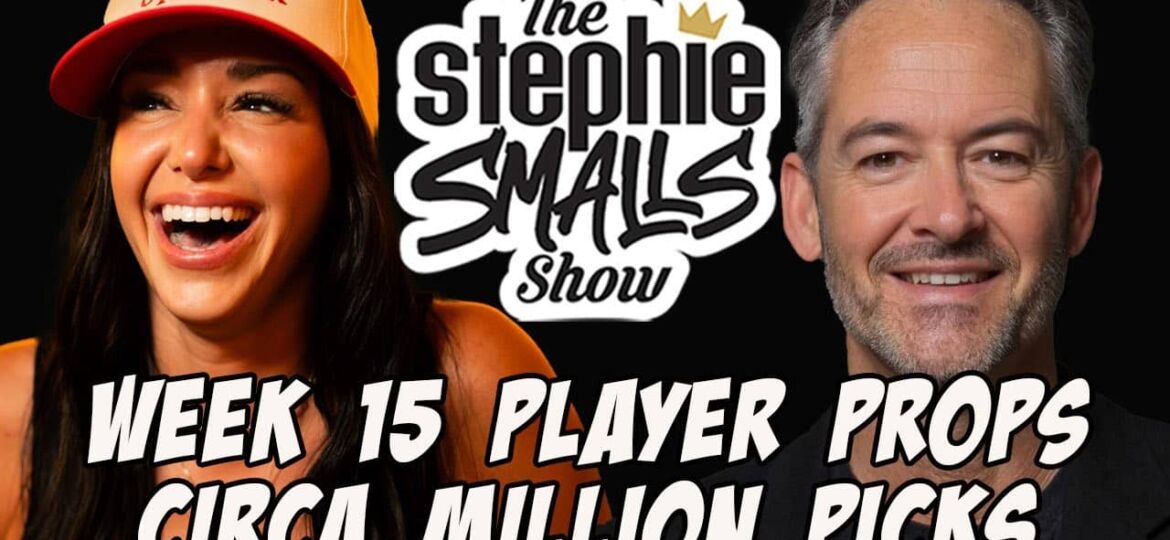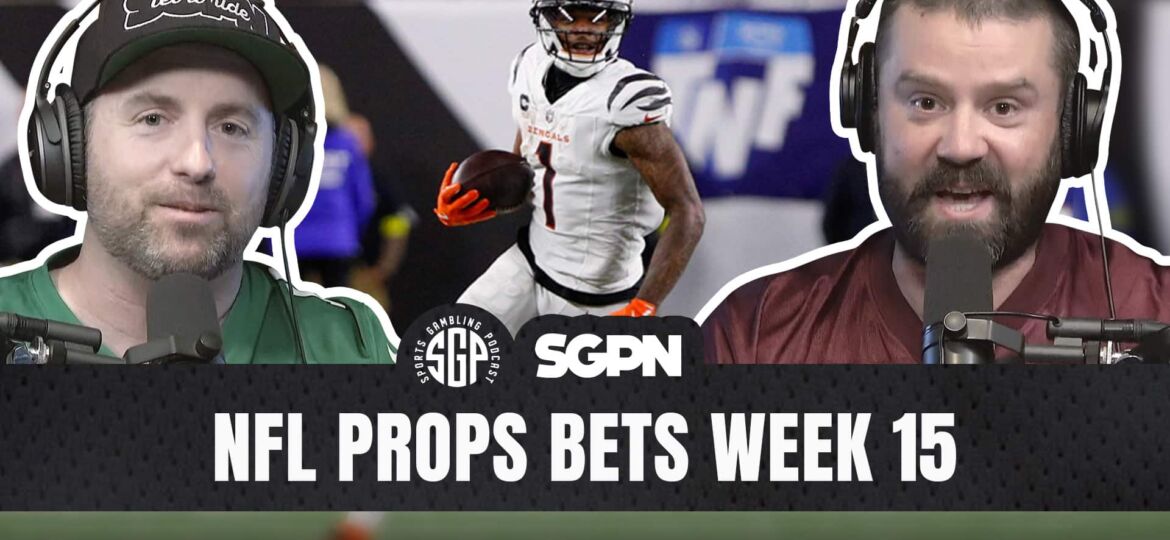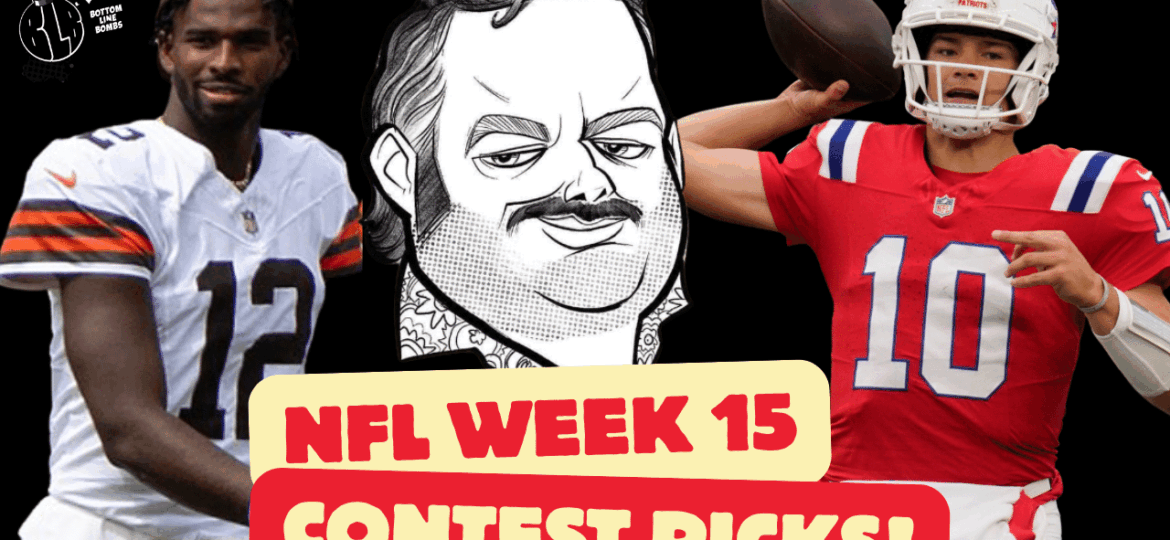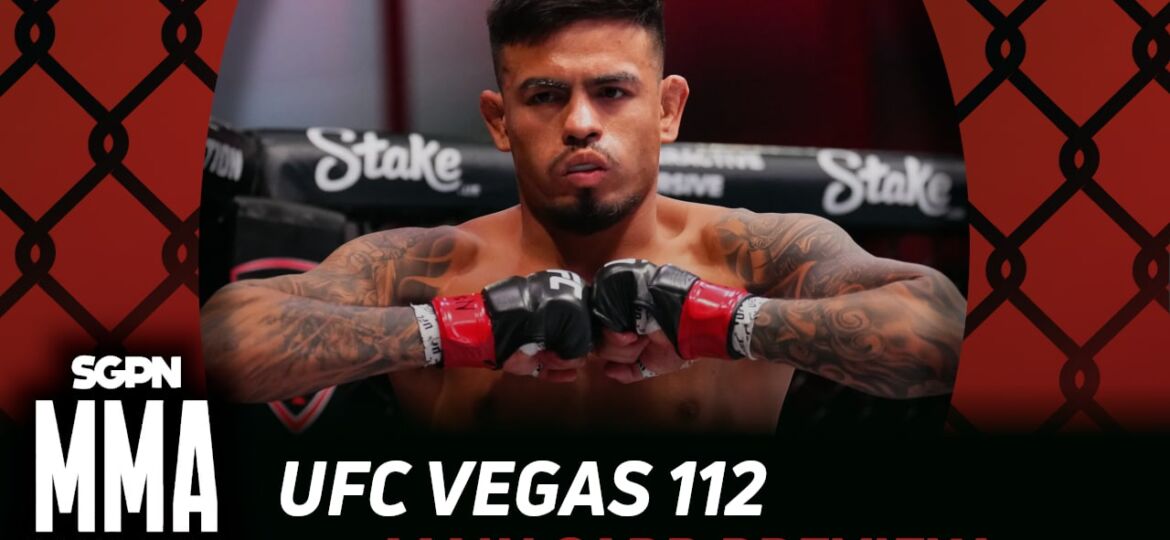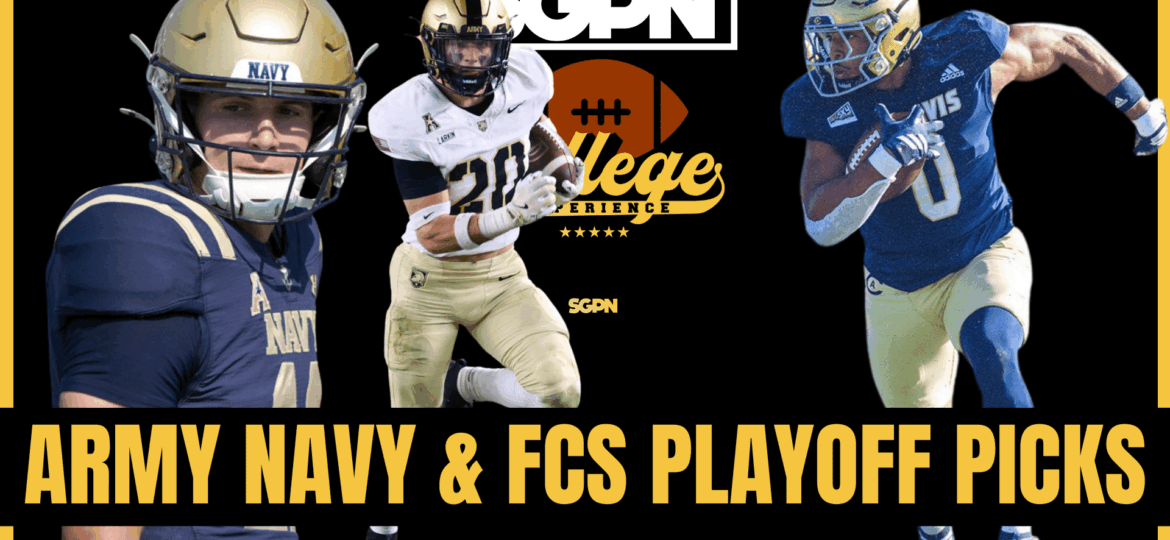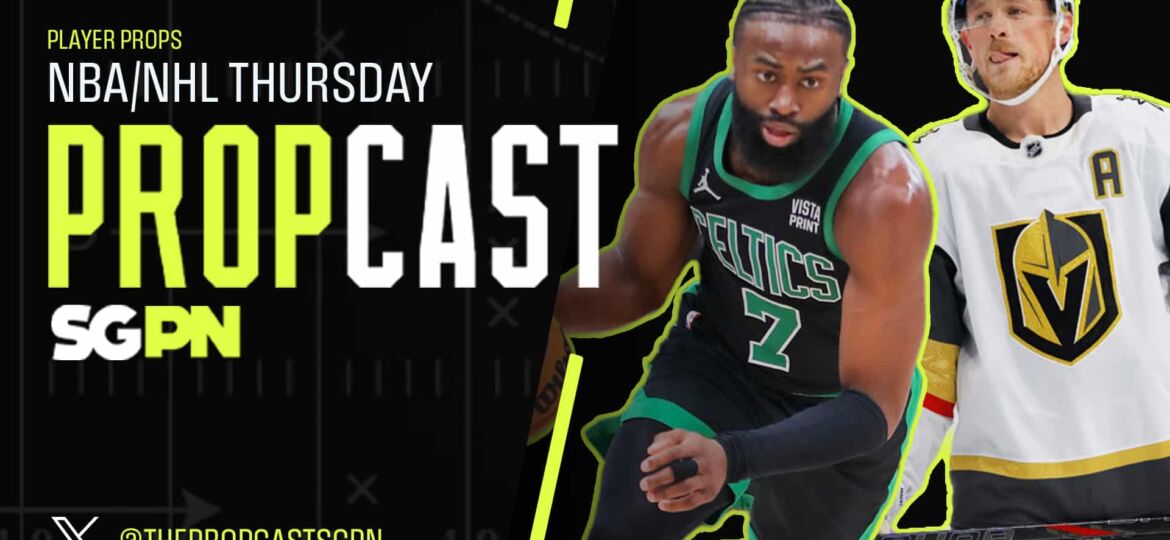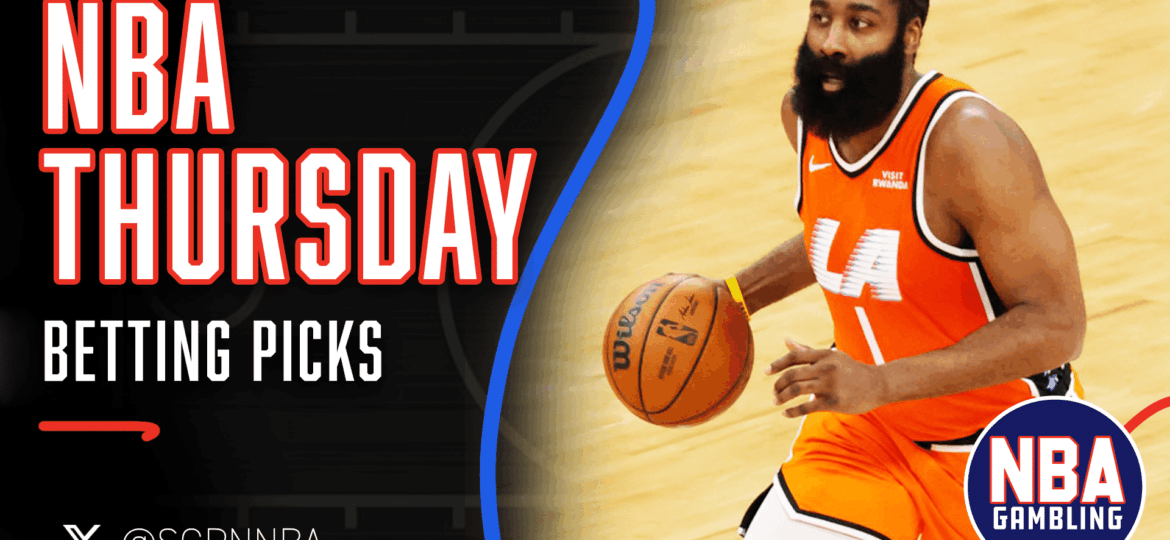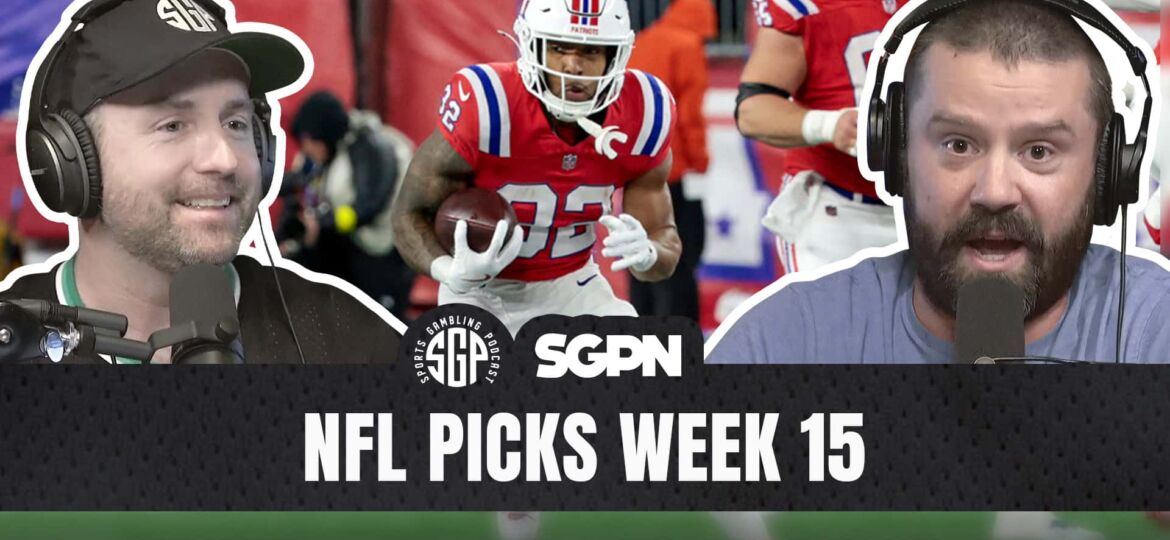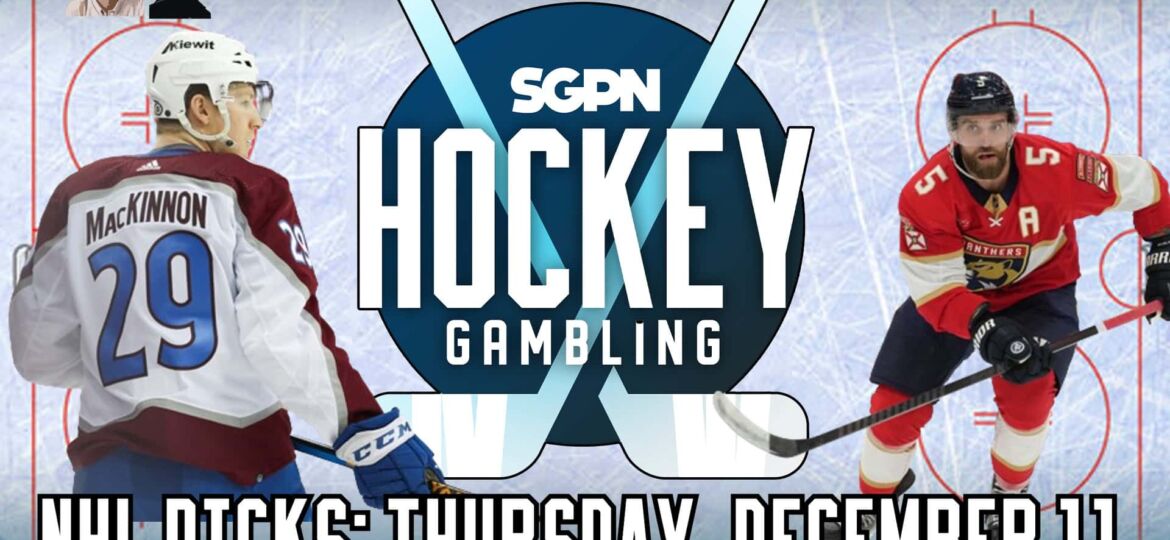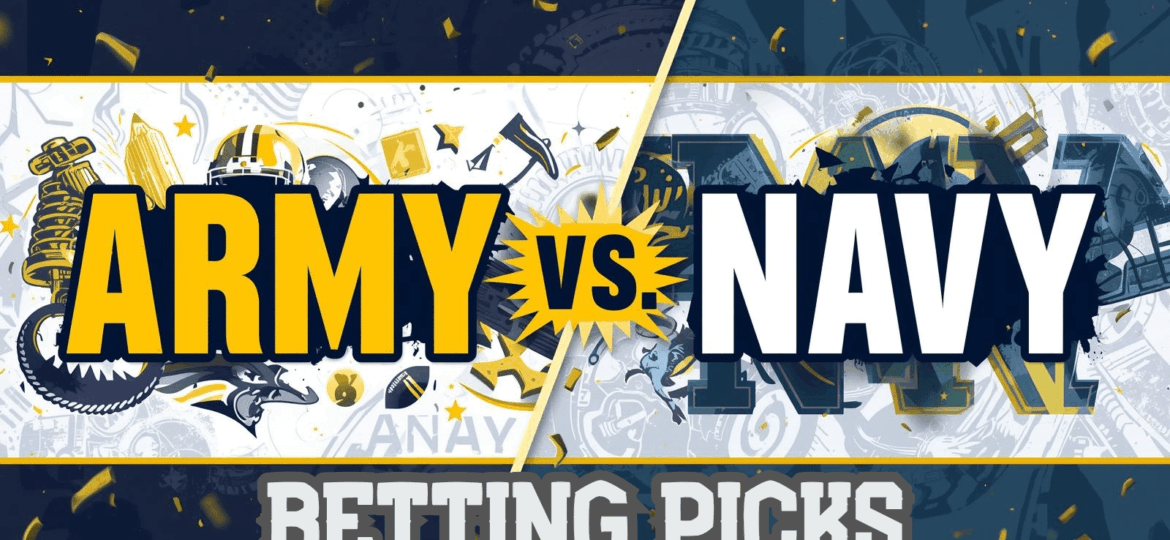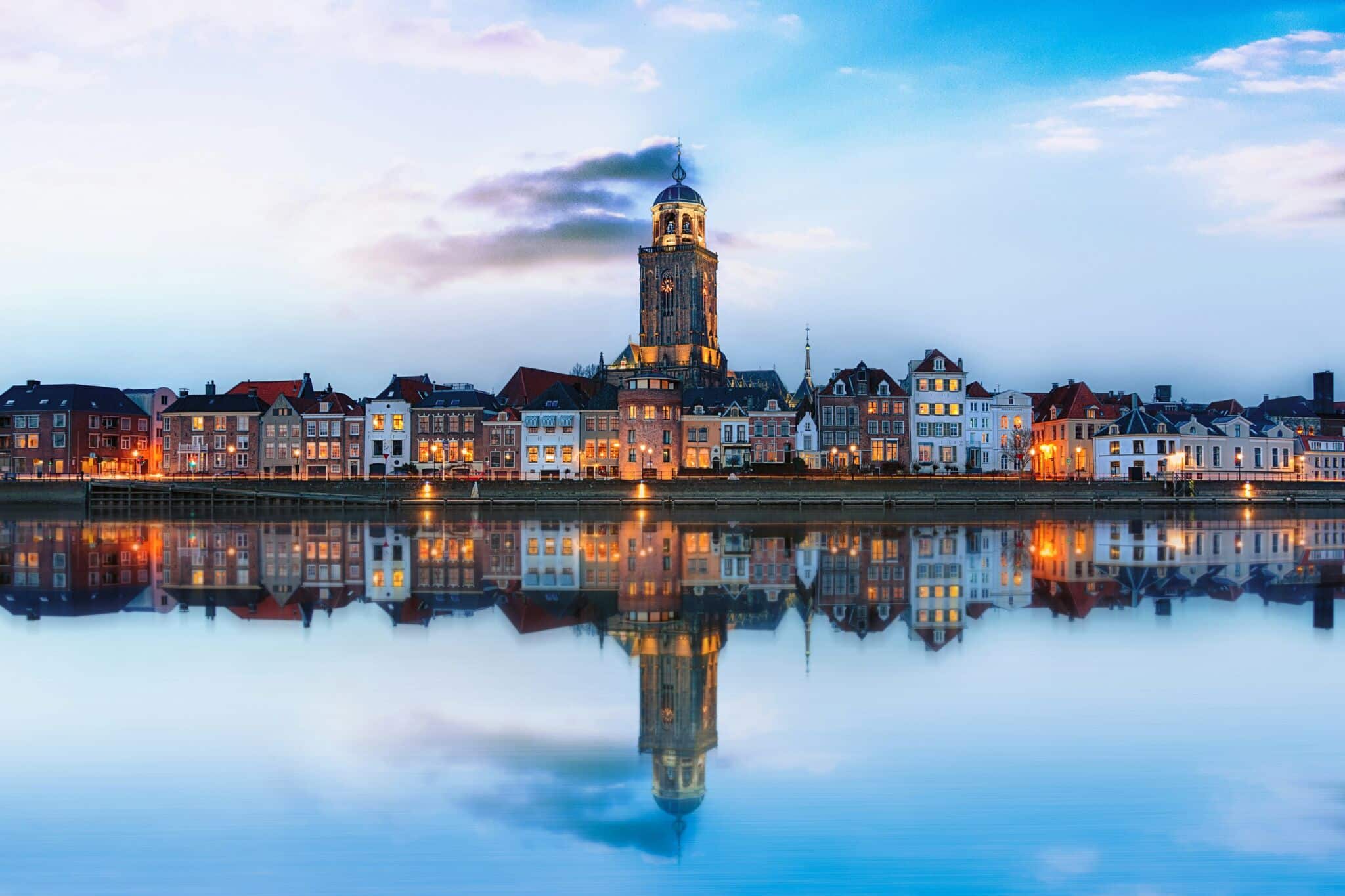
Living abroad means adapting to new customs, especially when it comes to sports betting. The Netherlands has a system built to protect its residents, with a focus on responsible play. A lot of those rules, from a comprehensive exclusion register to a complete ban on sponsorships, can feel very different from what you’re used to in the U.S. Understanding this system is essential for a smart approach to the game.
Unwavering Shield of Player Safety
The Central Register for the Exclusion of Games of Chance (CRUKS) is a central database where individuals can register if their gambling habits become an issue. Once on the list, a person is barred from every casino and licensed sports betting site with a Dutch license for at least six months. All operators with a Dutch permit must be connected to CRUKS.
The system applies to all licensed sports betting sites, so a player who has self-excluded from a casino is also barred from placing bets on sports. This unified approach is a core part of the KSA’s plan to prevent problematic gambling across all high-risk games. However, it also limits the options for players. American gamblers living in the Netherlands will often look to https://casino.zonder-cruks.com/ for a broader list of casino operators to choose from.
CRUKS and the Regulators
The CRUKS system is essential for online gambling in the Netherlands, but it had some tech problems in the past. In August 2024, a glitch in the BSN register blocked logins, preventing sites from checking new players. The KSA quickly resolved the issue, but it showed the system’s reliance on national infrastructure.
The KSA is also taking steps to secure the market’s future. As the first five-year licenses for online operators approach their expiration in October 2026, the KSA has announced stricter rules for renewals. All operators must submit an “exit plan” detailing how they’d cease operations if a license is not renewed.
The Market’s Alternative Routes
The strict regulations and self-exclusion measures in the Netherlands have created a market for operators without a Dutch license. These are often international websites licensed in other jurisdictions, like Curaçao or Malta. They’re not required to be connected to the CRUKS system, which allows players who have self-excluded to continue betting.
The KSA considers these sites a significant threat to player protection. But new tax laws aren’t helping. The Dutch betting and lottery tax rate was increased from 30.5% to 34.2% on January 1, 2025. It’s scheduled to climb again to 37.8% in 2026. This has caused concern among licensed operators, who argue that it makes the legal market less competitive.
Stakes for the American Bettor
For an American sports fan, the Dutch betting situation can be a puzzle. You may have a favorite team you want to bet on, only to find the options are limited by local regulations. You might not have the same prop bets or the same types of bonuses you see at home. Many are used to placing a quick bet on the NFL or NBA without a second thought. But here, the KSA’s rules are a constant presence. When a system like CRUKS has a glitch, it can affect your ability to log in and make that last-minute wager on a big game.
The appeal of an alternative site is clear. The same game, the same odds, but with fewer restrictions. But you must ask yourself what you’re giving up in return for that freedom. A regulated market offers protections you may not find on an international site. But the Dutch government’s own data shows that financial and regulatory pressures are driving players to a less-regulated space. It creates a tension where players must weigh convenience against safety.
The New Rules of the Game
Recent data from the KSA indicates that while player participation with licensed sites remains high (91%), over 50% of the total gambling expenditure is still channeled to unlicensed sites, partly due to these new financial and regulatory pressures.
The Dutch government also introduced new legislation specifically impacting sports betting. As of July 2024, a ban on gambling sponsorship in sports was implemented. This includes a prohibition on advertising on athlete jerseys and team sponsorships. The aim is to reduce the visibility of gambling and its appeal, particularly to younger audiences. The KSA has noted that these public displays have now almost completely disappeared.
A Future with New Rules
The Dutch gambling market isn’t standing still. Authorities are committed to shaping a secure environment, even if that means making hard choices. The move to ban sports sponsorships is one example. Raising taxes is another. The KSA actively shapes the market. Playing at a site without a Dutch permit means you’ll have less protection, as these providers are outside KSA regulations. While some licenses, like the MGA, are reliable, you’re in a legal gray area.
Playing at a site without CRUKS isn’t explicitly prohibited for players in the Netherlands, but the sites themselves may be violating the law by targeting Dutch players without a permit. Since these casinos aren’t tied to CRUKS, you have no automatic safety net. You’re completely on your own, and you’re responsible for your own playing behavior.


